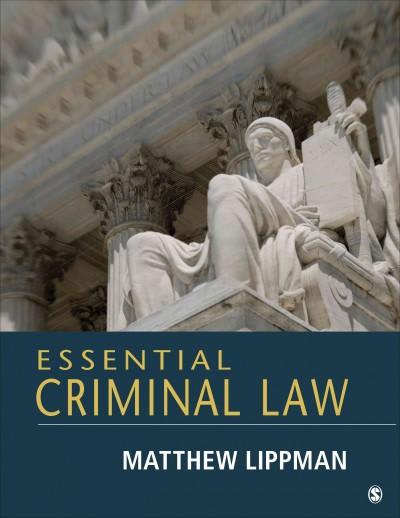Question
Please read the 2 cases below and tell me the result of the trial against them. And tell me your opinion about the trial results.
Please read the 2 cases below and tell me the result of the trial against them. And tell me your opinion about the trial results.
Case 4.1: Revell v. Guido
(Reference link : https://www.environmental-law.net/2013/05/07/ny-case-illustrates-dangers-of-completing-environmental-questionaires/
Please copy the link and paste it into the address bar)
Joseph Guido bought nine houses in Stillwater, New York, that lacked a functioning waste disposal system. Guido had a septic system installed. When sewage was later found on the property, Guido had the system partially replaced. Meanwhile, the Environmental Protection Agency found diesel fuel in samples of water from four of the houses. Guido listed the houses for sale. Prospective buyer Danny Revell was given a property information sheet that stated "Septic system totally neweach field totally replaced." In response to questions from Revell's bank, Guido denied any knowledge of environmental problems. Revell bought the houses. Within a month, the septic system failed, requiring substantial remediation efforts. The lender foreclosed on the property, and Revell declared bankruptcy. Revell then filed a suit in a New York state court against Guido, alleging fraud. From a judgment in Revell's favor, Guido .appealed.
A state intermediate appellate court affirmed. The facts of the case met all of the requirements for establishing fraud. The property's information sheet and Guido's responses to the bank's questions misrepresented the facts. Guido's intent to deceive was shown by the "cavalier manner" in which he answered the questionnaire and his knowledge of the problems with the septic system. A visual inspection of the property did not reveal those problemsthe plaintiffs' reliance on the property information sheet was thus justified. The evidence of damages included "receipts, invoices, billing statements and canceled checks."
Case 4.2: Welco Electronics, Inc. v. Mora
(Reference link : https://www.law.com/therecorder/almID/1390569388931/Welco-Electronics-Inc-v-Mora/
Please copy the link and paste it into the address bar)
Nicholas Mora used Welco Electronics, Inc.'s credit card to obtain moneymore than $370,000from Welco through charges to Mora's company AQM. Welco filed a suit in a California state court against Mora, alleging conversion. The court issued a judgment in Welco's favor. Mora appealed.
A state intermediate appellate court affirmed. "Historically, the tort of conversion was limited to tangible property and did not apply to intangible property," but "modern courts *** have permitted conversion claims against intangible interests. *** The tort of conversion has been adapted to new property rights and modern means of commercial transactions." The court reasoned that when Mora misappropriated Welco's credit card and used it, he took part of Welco's credit balance with the credit card company and the result was an unauthorized transfer to Mora of Welco's property rights.
Step by Step Solution
There are 3 Steps involved in it
Step: 1

Get Instant Access to Expert-Tailored Solutions
See step-by-step solutions with expert insights and AI powered tools for academic success
Step: 2

Step: 3

Ace Your Homework with AI
Get the answers you need in no time with our AI-driven, step-by-step assistance
Get Started


